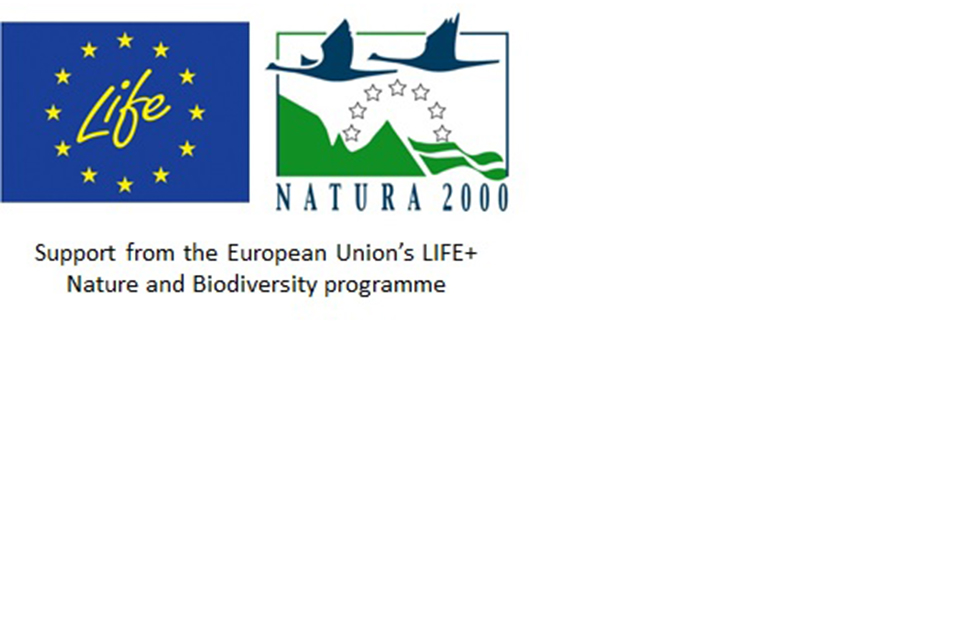LIFE in the Ravines
Find out how EU LIFE funding is helping Natural England and partners tackle ash dieback and restore ravine woodlands in the Peak District.
Applies to England
Documents
Details
Natural England has received a grant of £3.6 million from EU LIFE for the LIFE in the Ravines partnership project. This project will help to restore woodland on the steep ravine slopes in the Peak District Special Area of Conservation. This will mitigate the effects of ash dieback in the area.
The LIFE in the Ravines project aims to:
- restore woodland through woodland management, tree planting and promoting trees with a natural tolerance to ash dieback
- use specialist techniques such as drones to aid planting on the steep slopes
The project will:
- plant other tree species in the area to build resilience against ash dieback
- increase the diversity of wildlife in the woods
- evaluate its results and share successful methods with similar projects across Europe
- raise awareness of the importance of these ravines and the effect tree diseases have on them
Natural England leads the project, working in partnership with:
- The National Trust
- Derbyshire Wildlife Trust
- Staffordshire Wildlife Trust
- The Chatsworth Estate
The project will also work with the Peak District National Park, Derbyshire Dales District Council, the Forestry Commission and the Woodland Trust.
In addition to the £3.6 million grant from EU LIFE, project partner contributions make a total of £5 million funding for LIFE in the Ravines. The project will run for 5 years from 1 September 2020.
Background
Ash dieback disease is caused by a fungus lethal to ash trees. As ash trees are the dominant species in the ravine forests the whole area could be devastated without intervention.
There are already high levels of ash dieback in the woods and mature trees have been lost. This threatens woodland wildlife including rare beetles and birds like the redstart.
Although ash dominates the ravine woodlands now, they were once full of other tree species including small and large-leaved lime trees and wych elm. This project will restore these species, build resilience and add to the diversity of wildlife in the woods.
Contact
Email: LifeintheRavines@naturalengland.org.uk Life project number: LIFE19 NAT/UK/000147

Updates to this page
-
Added project information note 2.
-
First published.